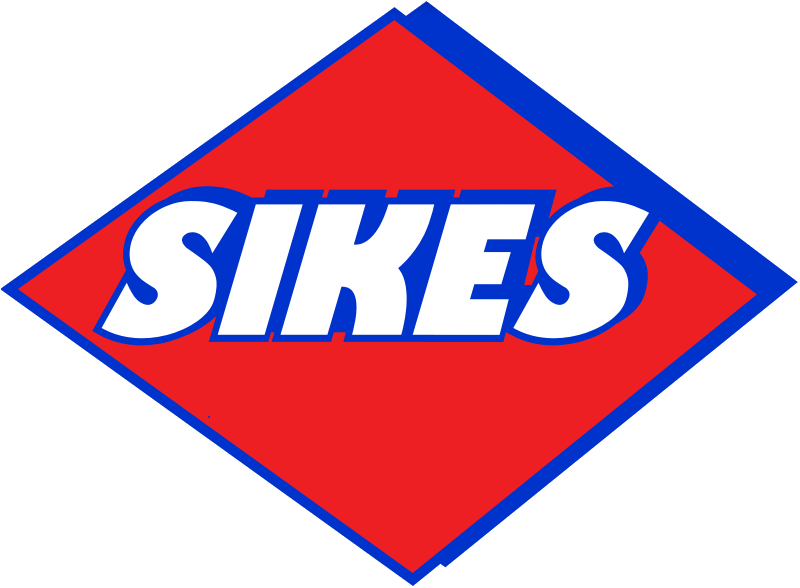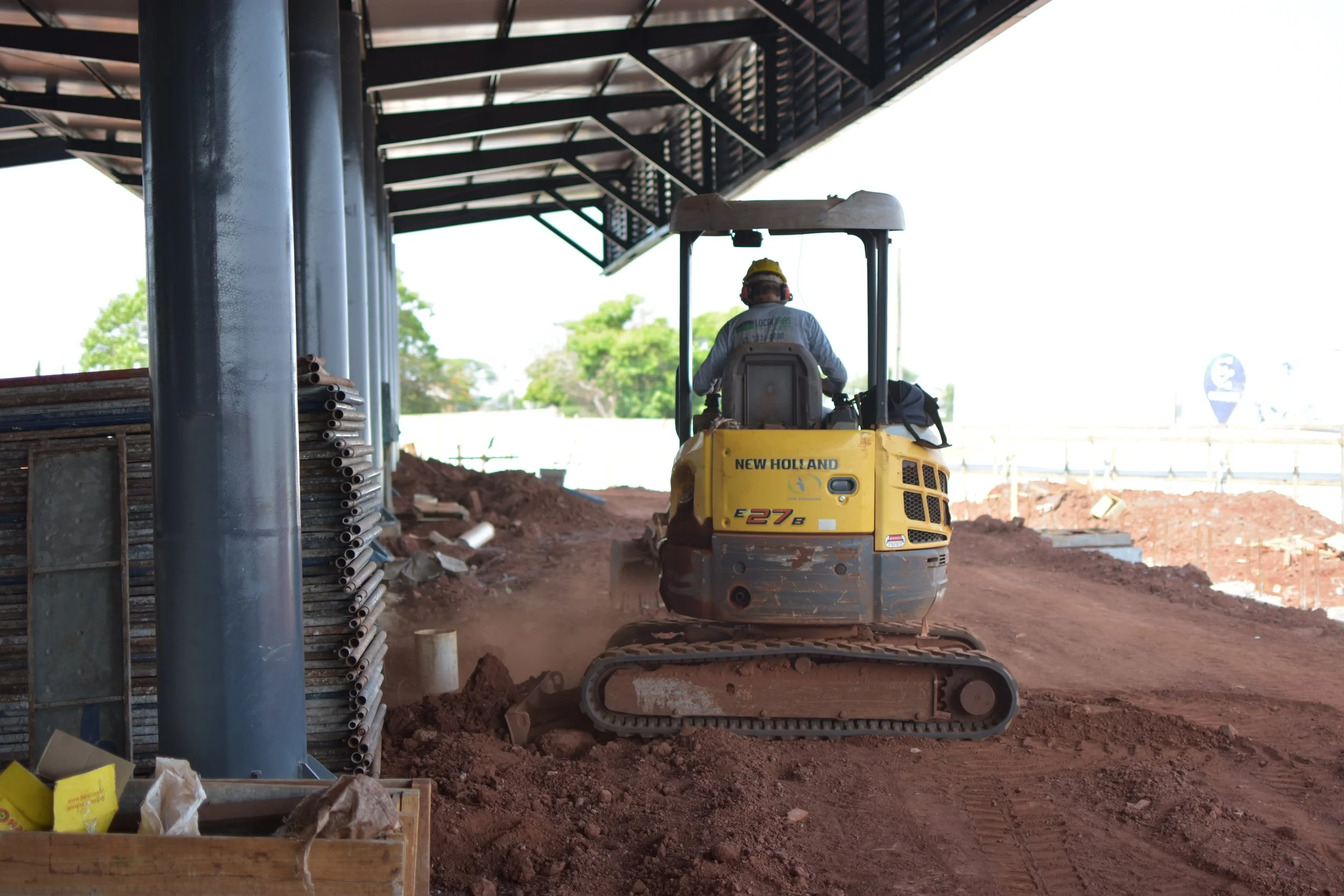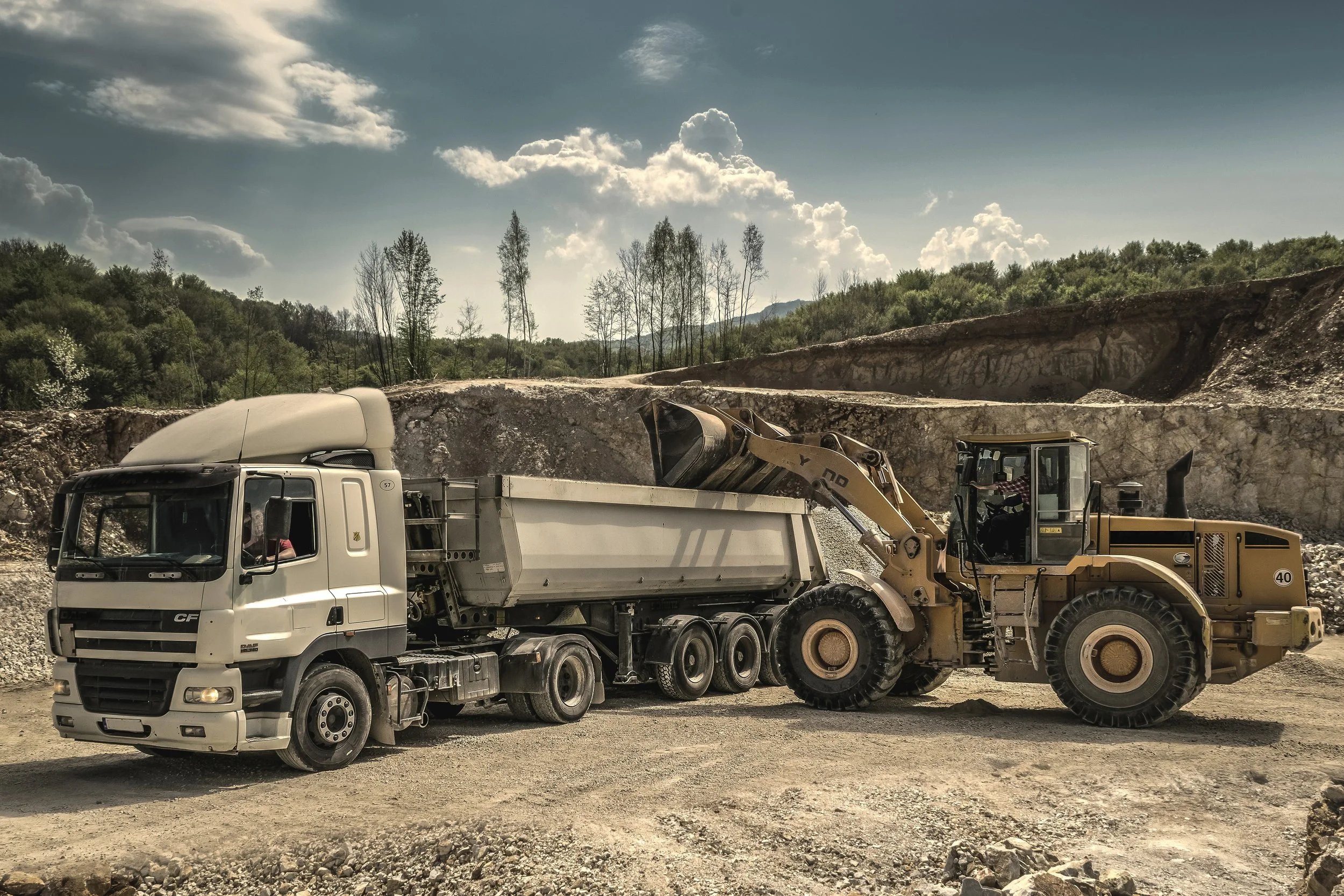THE RESPONSIBILITIES OF AN EQUIPMENT OPERATOR
EQUIPMENT OPERATOR
An equipment operator is a worker who operates heavy machinery, such as bulldozers, excavators, and cranes, for construction, mining, and other purposes. Equipment operators are typically trained to use a specific type of machinery and must have a strong understanding of how the equipment works and how to safely and efficiently operate it.
What is an equipment operator?
An equipment operator is a worker who operates heavy machinery, such as bulldozers, excavators, and cranes, for construction, mining, and other purposes. Equipment operators are typically trained to use a specific type of machinery and must have a strong understanding of how the equipment works and how to safely and efficiently operate it.Equipment operators are responsible for a variety of tasks, depending on the type of machinery they are using. For example, a bulldozer operator may be responsible for clearing land and preparing it for construction, while an excavator operator may be responsible for digging foundations or trenches. Some equipment operators may also be responsible for maintaining and repairing their equipment, as well as keeping track of inventory and ordering supplies as needed.To become an equipment operator, an individual typically needs to have a high school diploma or equivalent and complete a training program that teaches them the specific skills they need to operate the equipment they will be using. Some employers may also require equipment operators to have a commercial driver's license (CDL) if they will be operating large trucks or other vehicles.Equipment operators typically work outdoors and may be exposed to a variety of weather conditions, depending on the location and type of work they are doing. They may also be required to work long hours and may be on call for emergency situations. It is important for equipment operators to be physically fit and able to withstand the demands of operating heavy machinery.What are the duties and responsibilities of an equipment operator?
The specific duties and responsibilities of an equipment operator will vary depending on the type of equipment they are operating and the industry in which they are working. However, there are some common tasks and responsibilities that are typically associated with this job.
Generally, an equipment operator is responsible for operating and maintaining a variety of heavy machinery and vehicles, such as excavators, bulldozers, and cranes. This may involve operating the equipment to move earth and materials, clear land, dig foundations, or perform other tasks. The operator may also be responsible for conducting routine maintenance on the equipment to ensure that it is in good working order and making repairs as needed.
In addition to operating the equipment, an equipment operator may also be responsible for ensuring that the equipment is being used safely and efficiently. This may involve following safety protocols and procedures, such as wearing protective gear and conducting regular inspections of the equipment. The operator may also need to monitor the progress of the work being done and make adjustments as needed to ensure that it is completed on time and within budget.
Some other common duties and responsibilities of an equipment operator may include:
Loading and unloading materials onto or off of the equipment
Keeping track of the equipment's fuel and maintenance needs
Communicating with other members of the team, such as supervisors and other equipment operators
Monitoring the work site to identify and address any potential safety hazards
Operating the equipment in a manner that minimizes damage to the environment
The primary responsibility of an equipment operator is to use their skills and expertise to safely and efficiently operate the equipment to complete a variety of tasks. This may involve working on construction sites, in mines, on farms, or in other industries that require the use of heavy machinery and equipment.
What skills and qualifications are required to become an equipment operator?
To become an equipment operator, a person must have a basic understanding of the equipment and machinery they will be using, as well as the ability to safely and effectively operate it. This typically requires some form of training or certification, which can be obtained through a vocational school, community college, or employer.
In terms of specific skills, an equipment operator should have good hand-eye coordination and physical dexterity, as well as the ability to work in a team environment and follow instructions. They should also be able to troubleshoot and problem-solve, as well as maintain a safe and organized workspace.
In terms of qualifications, an equipment operator should have a high school diploma or equivalent, as well as a valid driver's license and clean driving record. Some positions may also require additional certification or training, such as a forklift license or certification in heavy equipment operation.
Additionally, an equipment operator should be able to work in a variety of environments and conditions, including outdoors in all types of weather. They should also be able to stand for long periods of time, lift heavy objects, and perform physical tasks.
Being an equipment operator requires a combination of technical skills, physical abilities, and safety knowledge. With the right training and experience, an individual can become a valuable asset to any team that relies on the use of heavy equipment and machinery.
What is the salary range for equipment operators?
The salary range for equipment operators varies depending on a number of factors, including the type of equipment they operate, their level of experience, and the industry in which they work. In general, entry-level equipment operators may earn a salary of around $30,000 to $40,000 per year, while more experienced operators may earn salaries of $50,000 to $70,000 or more. The top 10% of equipment operators may earn salaries of $90,000 or more.
The type of equipment an operator uses also plays a role in determining their salary. For example, operators who work with large construction equipment, such as bulldozers or excavators, may earn higher salaries than operators who work with smaller equipment, such as forklifts or cranes. In addition, operators who have specialized training and experience with certain types of equipment, such as heavy machinery used in mining or drilling operations, may also earn higher salaries.
The industry in which an equipment operator works can also affect their salary. Equipment operators who work in industries such as construction, mining, and oil and gas extraction tend to earn higher salaries than those who work in other industries, such as manufacturing or transportation. In addition, operators who work in regions with high demand for their skills, such as areas with a booming construction industry, may also earn higher salaries.
Overall, the salary range for equipment operators can vary widely depending on a variety of factors. Entry-level operators may earn salaries of around $30,000 to $40,000 per year, while more experienced operators may earn salaries of $50,000 to $70,000 or more. The top 10% of equipment operators may earn salaries of $90,000 or more.
Featured Blogs
SIKES CONCRETE INC.
8030 FL-77, Southport, FL 32409
850-265-4564






